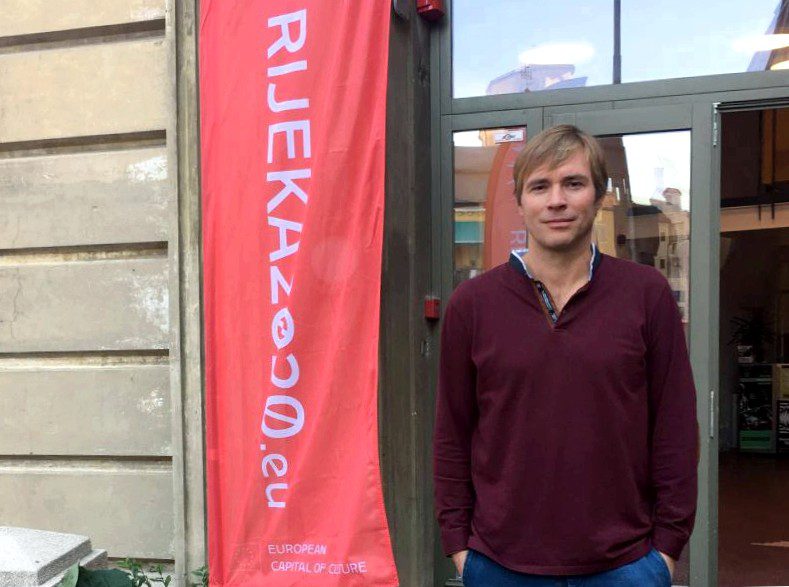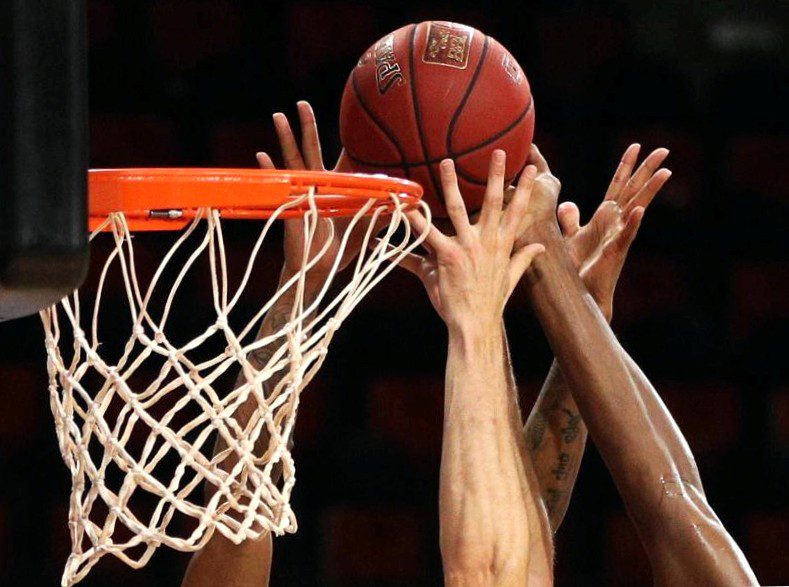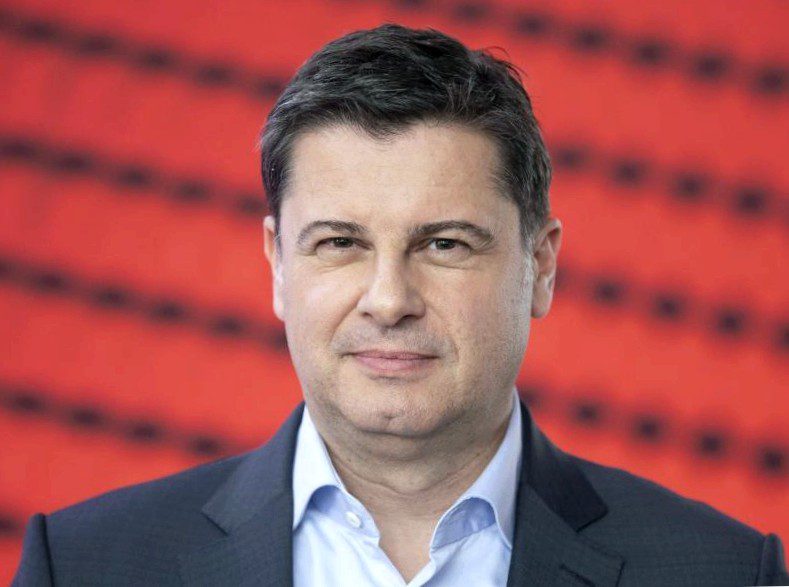
The start was spectacular. The croatian city of rijeka kicked off its new harbor with a spectacular "opera industriale" featuring dancing cranes, a punk orchestra and rough choruses in the harbor basin on january 1, 2010. February into the european capital of culture year.
The ambitions were high. The artistic treatment of the themes of water, work and migration, which have characterized the town for centuries, was intended to provide inspiration for the post-industrial age.
But then the coronavirus broke out. For weeks lockdowns paralyzed europe. To the capital of culture motto "port of diversity" rijeka added another one: "in times of the new abnormal". Ivan sarar, head of the rijeka 2020 capital of culture agency and cultural director of the city of 130,000 inhabitants, says at the halay point of the year: "we now have to make do with half of the planned budget."
The former punk musician from the underground scene of old yugoslavia had to cut down the program of originally 300 projects and 600 events a lot. "We canceled all rough music and theater productions," he explains during the interview with the german press agency in the city hall of rijeka. "We cut out everything elitist and super-expensive. Many people lost their jobs and fell into existential distress – holding on to this had been seen as pratentios."
The major infrastructure projects, on the other hand, are not in question. They are, with mabgeblich EU assistance, already in the stage of the realization. On the site of the old sugar factory, the new museum district is being built, with a new city library and an interactive museum for children. A major international exhibition entitled "the luminous sea" is scheduled to open on 13. August open.
German curator inke arns is putting together an avant-garde show in the port warehouses that traces the invisible economic structures – such as undersea oil claims, maritime tax havens and extraterritorial start-ups – for which the oceans act as a global medium.
Program maker sarar also emphasizes that the many civil projects involving the people of rijeka and the surrounding area will continue. "These communities are important to us," he says. One of these initiatives was launched during the last weekend of june. Burger initiatives took possession of a part of the picturesque gorge in the hartera district. A few minutes walk from the city center, abandoned factories and warehouses line the banks of the river rjecina. The initiatives want to create spaces that can be used collectively; radio producers, musicians, skaters and beekeepers are among the participants. The project is supported by the goethe institute in zagreb and the berlin center for art and urbanism (ZK/U).
Mayor vojko obersnel also takes part in the citizens’ forum on the first evening. He is enthusiastic and promises: "hartera has its place in the city’s development plans."Matthias muller-wieferig, director of the zagreb goethe institute, is also satisfied: "here, citizens are encouraged to explore the hidden spaces of their city."
In the cultural capital of galway on the rugged west coast of ireland, the program has also had to be cut back – and not just because of the pandemic. Heavy storms and rain had already made life difficult for the organizers, and the first events had to be canceled during the opening week of the event.
Originally, creative director helen marriage had even advertised the unfavorable weather: "galway is like barcelona with rain, because here it rains 240 days a year."It’s a wild place at the end of europe with a view of the atlantic. The wind will howl at the opening and it will rain, said marriage. This is how it was.
But the pandemic put all this in the shade. About 150 projects with more than 2000 events on the themes of language, landscape and migration were planned in ireland. Most of the offers have been cancelled. The government now supports the revision of the program. What events are allowed despite the corona crisis will then be shown from september 2020 to march 2021, roisin birch of the galway organizing team told the german press agency.
The former fishing village of galway is best known for traditional irish music and its pubs. Cosmopolitanism and cultural diversity usually attract many students and tourists to the city, which has 80,000 inhabitants. Press spokesman fintan maher hopes that about 30 projects can still be saved this way. Easy to solve problem with films and theater pieces; they are now shown online. A gigantic light installation in the connemara mountains by the finnish artist kari kola, which was supposed to attract 20,000 visitors over four nights, was canceled. "Fortunately, we were able to capture the event during the rehearsal and present it as a digital work of art."Hundreds of thousands of people have viewed "savage beauty.
The european capital of culture is an initiative of the european union. Every year two cities are nominated, usually one from the old EU countries and one from the new ones. In germany, essen was the last european capital of culture with the ruhr region (2010).
RELATED POSTS

Corona puts a strain on the basketball bundesliga It's a start into the unknown and nobody knows what the end result will be. Can the basketball players really manage to pull off a 34-game season… |

Corona unity over:bundesliga fight for billions In the joint corona struggle for existence, german pro soccer jerked together by a huge amount, but the solidarity cuddling course is already over again… |

Us expert fauci goes into quarantine after Corona contact Prominent u.S. Government adviser and immunologist anthony fauci enters modified quarantine after contact with u.S. President donald trump's… |
House builders can finally get started in steigengasse The most welcome news came at the end of the public town council meeting in neuenmarkt on monday evening, when mayor siegfried decker (NG) responded to… |